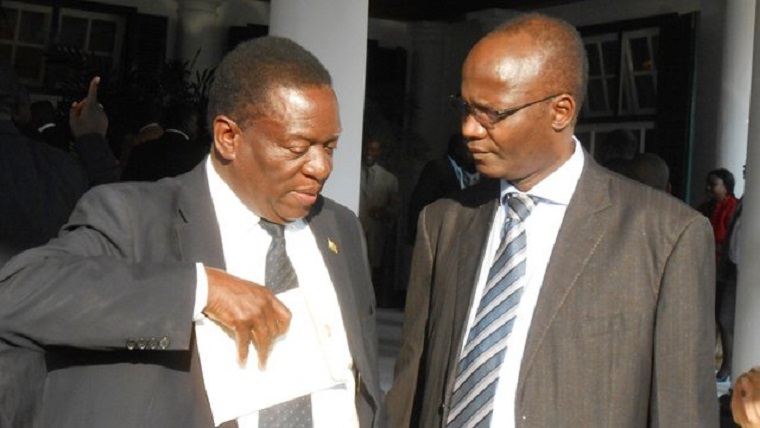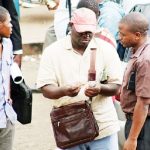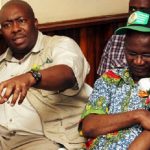And to your question as to which label best describes the events surrounding the ouster of former President Mugabe and his government last November, in what was initially claimed to be “a coup that was not a coup”; I’m aware that, as you suggest, there’s a debate whether the events were a “military coup” or a “military-assisted transition”.Based on what I know happened, how it happened, who was behind it and so forth, I can say quite categorically that the events of those two weeks in November 2017 were indubitably a military coup. The events were triggered, moved and shaped by tanks and bullets with the generals calling the shots. The country fell under direct military rule, especially from 13 November 2017 to 18 December 2018 and has since then effectively remained under the military. As we speak, and despite some optics to the contrary, Zimbabwe is under military governance. Before the 30 July 2018 general election, General Constantino Chiwenga publicly declared that “Operation Restore Legacy”, used by the Army to justify the coup, would remain in force until Mnangagwa won the 30 July election.
But as is well known, Mnangagwa did not win the election and the exact result that the Zimbabwe Election Commission (ZEC) declared on his behalf remains unknown to this day, notwithstanding the controversial Constitutional Court decision that endorsed the ZEC declaration, without saying which of the three and conflicting results declared by ZEC the Court was endorsing and why. In any event, all the three conflicting results declared by ZEC and endorsed by the Constitutional Court showed that half of the electorate did not support Mnangagwa. This point should be emphasized. Mnangagwa does not have the majority support of the electorate and that is why he has a legitimacy crisis. He is a divisive leader with divided support in power only because of the military that installed him in the first place.
Mnangagwa’s crisis of legitimacy cannot be cured by referring to Zanu PF’s two thirds majority in Parliament.Zimbabwe is a constitutional democracy and not a parliamentary democracy. The head of state is elected directly by the people and thus does not come from parliament as is the case, for example, in South Africa or in parliamentary democracies in the Commonwealth. The military is of course aware of this and the implications thereof. The fact that Mnangagwa has a clear and present crisis of legitimacy, with at least half of the voters having rejected him by ZEC’s disputed declaration, has impelled the military to stay put to deal with the precarious situation with respect to order and stability. Without the military in control of political power, Mnangagwa would not last a day in office.
As such, the situation that obtains on the ground cannot be characterised as a transition of any kind. In this regard, there’s no military-assisted transition in the country. If anything, there’s a stalemate or an arrested transition.The correct characterisation of the situation as either a military coup or a military-assisted transition is important in order to shine some light on the way forward, regarding the necessary reforms. Where you have had a military coup, there can be no transition, and here I mean a democratic transition, without curing the coup. No military coup has ever assisted, or paved the way for, a democratic transition.
BSR: You have always argued that what happened last November was illegal and unconstitutional change of government. You averred that the Mnangagwa administration that took over in November was illegal and illegitimate. Assuming that was correct, could it be argued that the alleged illegality and illegitimacy were cured by the general elections on 30 July 2018? In other words, do you now accept that the Mnangagwa administration has both legality and legitimacy?
ANSWER: Yes, it is common cause that what happened last November was illegal and unconstitutional. The contrary declarations by the High Court and Constitutional Court will not survive history. Those declarations will be set aside in due course.
Continued next page
(2574 VIEWS)


